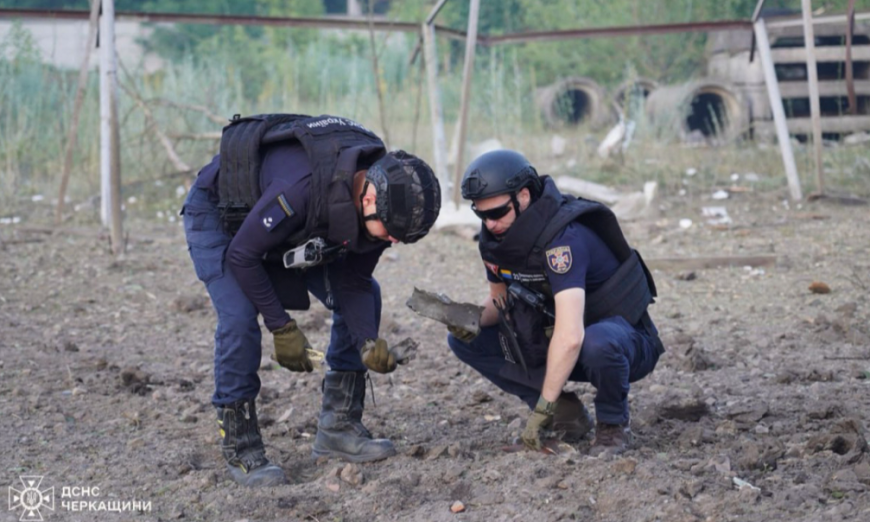The decision to withdraw from the Ottawa Convention follows similar decisions by Kyiv’s allies Poland, Finland, Lithuania, Latvia and Estonia – which also border Russia.
Ukrainian President Volodymyr Zelenskyy said on Sunday that he signed a decree withdrawing from the Ottawa Convention on the Prohibition of Anti-Personnel Mines.
The 1997 treaty, joined by more than 160 countries, bans the use, production, stockpiling and transfer of anti-personnel landmines. It aims to protect civilians from these mines detonating after a conflict is over.
Anti-personnel mines often have no alternative for defence, according to Zelenskyy, who described them as the “signature style of Russian killers – to destroy life by all method at their disposal.”
“Russia has never been a party to this convention and uses anti-personnel mines in an extremely cynical manner,” said Zelenskyy.
“By taking this political step, we are sending a signal to all our partners on what to focus on. This applies to all countries along the perimeter of Russia’s borders.”
The decision still requires parliamentary approval, according to senior Ukrainian lawmaker Roman Kostenko.
Other nations bordering Russia, including Finland, Poland and Estonia, have either withdrawn from the Ottawa Convention or said they intended to do so.
Following more than three years of Russia’s full-scale invasion, Ukraine is now the most mined country in the world. Euronews previously reported that it would take up to 30 years to complete the removal of mines, as up to a third of its territory is potentially dangerous.
Ukrainian media reports that territories liberated by Ukraine since 2022 have been heavily covered with mines, making it difficult and dangerous to clear them.

